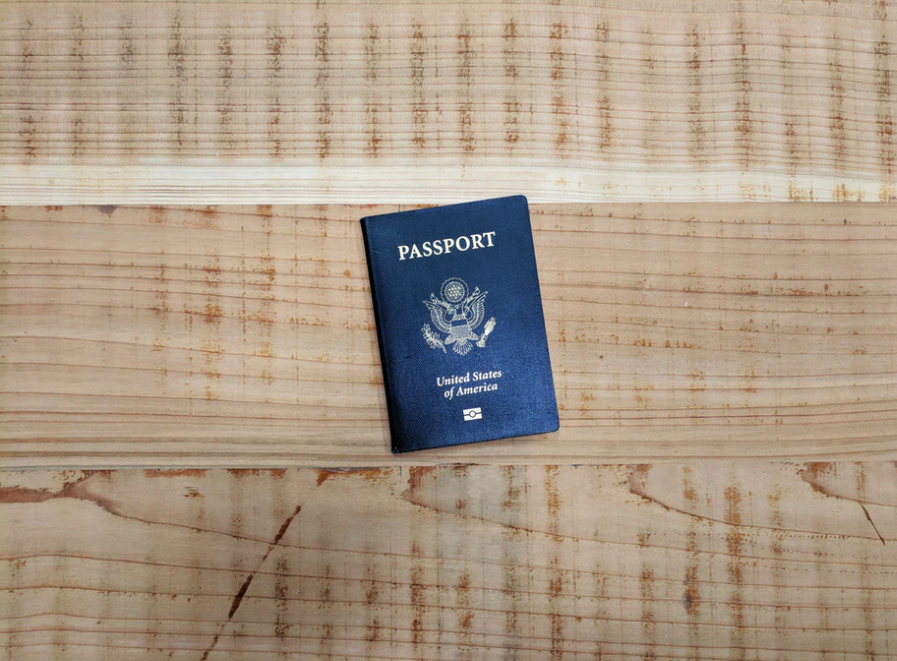The UK is home to a host of the world’s most prestigious universities, but for prospective students overseas, getting the grades is only the first hurdle. Currently, students from EU countries do not need a visa to study in the UK, though that remains at the will of looming Brexit negotiations. Until 2021 however, the UK government have stated there will be no change for EU citizens. As for those outside of the EU, there is a fairly lengthy process that it is best to begin as early as possible to avoid delays in starting your course. But don’t let anything dissuade you, we’ve got your back with this step-by-step guide to apply for a UK Student Visa.
The earliest you can apply is three months before you start your course, and you’ll get a decision within three weeks.
Types of UK student visa’s
Depending on the length of your course, you’ll either be eligible for a short-term UK study visa which is valid for up to six months or a Tier 4 UK student visa for longer courses.
UK Student visas are awarded on a points-based system. You need to attain 40 points for a Tier 4 visa, 30 points from a valid Confirmation of Acceptance for Studies (CAS) from your university, and 10 points for having enough money to cover fees and monthly living costs.
What you’ll need to apply
In order to apply for a Tier 4 UK student visa, you will need:
- To be over 16
- Valid passport details
- A recent photograph
- An unconditional offer of a place on a course offered by a Tier 4 sponsor, also known as a CAS
- Proof you can speak, read, write, and understand English in the form of a Secure English Language Test (SELT).
- Proof of financial support throughout your stay in the UK
- ATAS certificates will now need to be provided by students who undertake a relevant period of study or research of any length as part of an overseas postgraduate qualification.
- Tuberculosis test results if you live in a country where they are mandatory.
- Evidence of your academic qualification referred to in the CAS
Step 1: Accept your unconditional offer
You must receive a CAS from a university approved by UK Visa and Immigration. You need to firmly accept this offer and pay any tuition fee deposits the university may require.
After you accept the offer through UCAS, you also need to add your passport number to your UCAS application.
Step 2: Review your documents
You need to ensure you have all the correct documentation, as detailed in the list above.
- Your CAS number will be assigned automatically and sent to you by email, which you can enter on the online application form.
- Prepare your financial evidence to show funds which cover the first year’s tuition fees plus living costs, this can be in the form of bank statements or evidence of a financial sponsor.
Full and extensive details of the documents you need can be found here.
Step 3: Complete the online visa application form
Go to https://www.gov.uk/apply-uk-visa and complete the form, making sure to attain the Alternative Collection Location (ACL) code for the university you accepted an offer from.
If you are unsure what each part of the application form is referring to, there is a form which explains each question in more detail.
After submitting your application, you may be asked to undertake an interview, either phone or in-person, to confirm you are a genuine student and that you can speak English to the required standard.
Step 4: Pay for your visa and immigration health surcharge
It costs £348 to apply from the Tier 4 visa from outside the UK, with an additional £348 fee per person for any dependents.
The Short-Term Study Visa costs £97 for six months and £186 for 11 months.
The immigration health surcharge is a contribution to the UK’s National Health Service (NHS). You pay this charge if you are a non-EU national granted immigration permission, at the time of application. It is currently £150 for each period of 12 months but is set to rise to £300 from the end of 2018
Step 5: Book your visit to a Visa Application Centre
As part of the process, you will need to book yourself an appointment for a Visa Application Centre to submit your documents and have your biometric information taken (fingerprints and photograph).
Step 6: Show your documents when entering the UK
You will receive a vignette visa sticker in your passport which will be valid for 30 days to allow you to travel to the UK as well as a decision letter from UK Visas and Immigration. You will need to show both of these at the border.
Your full visa will be printed on a biometric residence permit (BRP) and must be collected within ten days of arriving in the UK. You can arrange the delivery of the card to your chosen university by entered the ACL code in your visa application.
If your course lasts less than six months, you can arrive in the UK a week before that. If it lasts more than six months, you can arrive up to one month before.
Step 7: Enjoy UK student life
Now you’ve got your visa, you can study, apply to be a student union sabbatical officer, and work in most jobs.
Explore your city and see all the wonderful places the UK has to offer if you manage to make it to the end of the Fresher’s Week pub crawls that is.
Key reasons for visa refusal
- Missing documents is the most common reason for visa refusals, so double-check everything is in order before you apply.
- Failure to meet financial requirements also holds people back from being accepted. There are guidelines so you can correctly calculate the amount you need have, and the specified amount has to stay in your account for at least 28 days.
- Incorrect document formats mean that errors as small as a missing date on a translation could cause your application to be invalid. Attention to detail is vital.
- Under-prepared genuine student interviews can make or break for applications. Only a small number of applicants will have an interview and it is easy to lose focus, so you need to prepare thoroughly.
Make your first application your only application!
This guide about “How to apply for a UK Student Visa” was written for Housing Hand – the Award-Winning UK Rent Guarantor Service by Neelam Tailor. For more information on how Housing Hand can help you secure your rented accommodation, visit housinghand.co.uk or call 02072052625.






